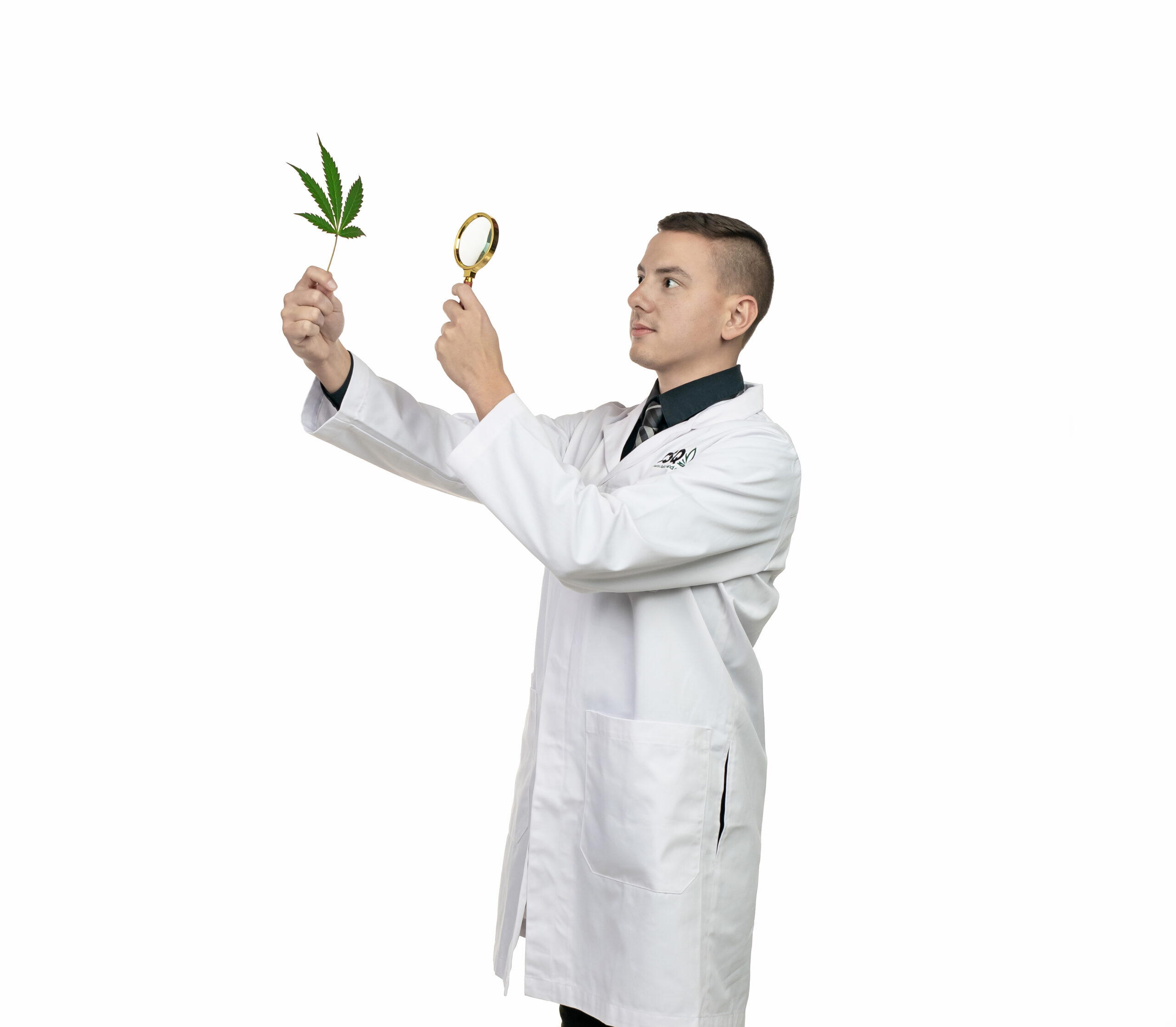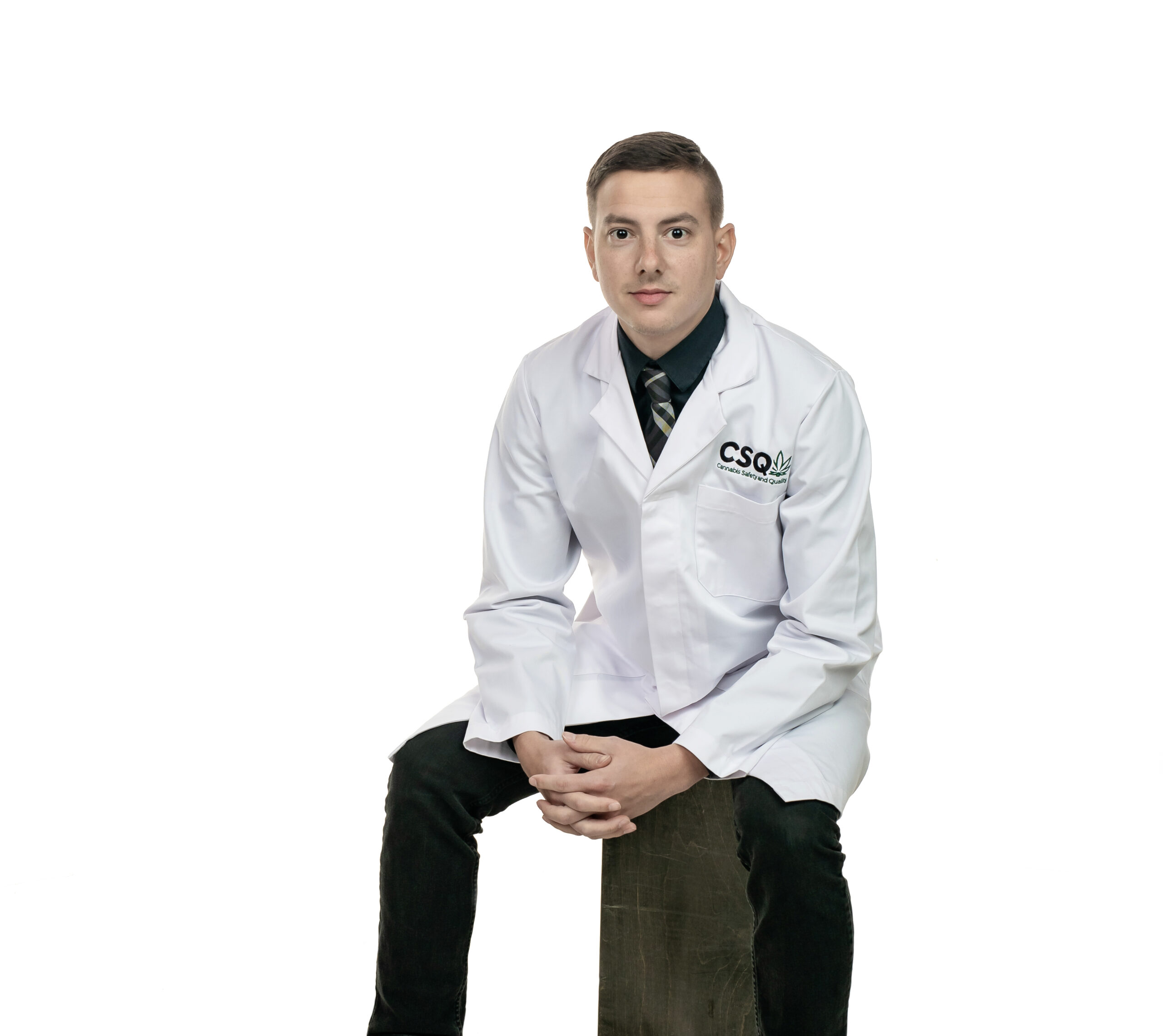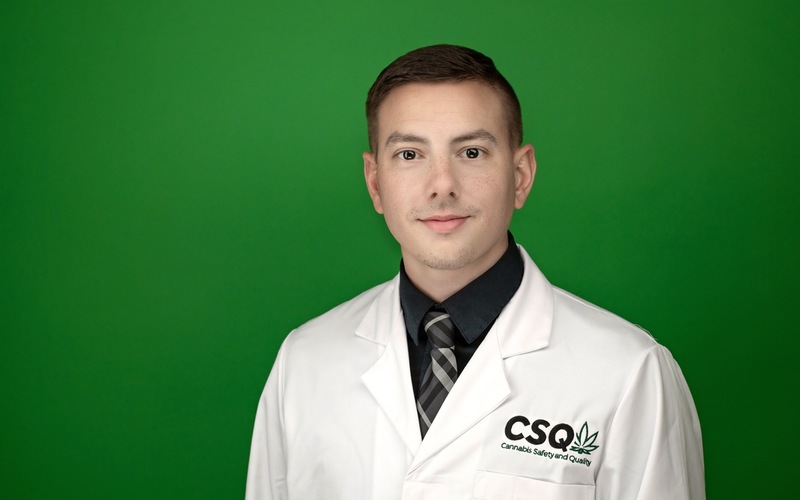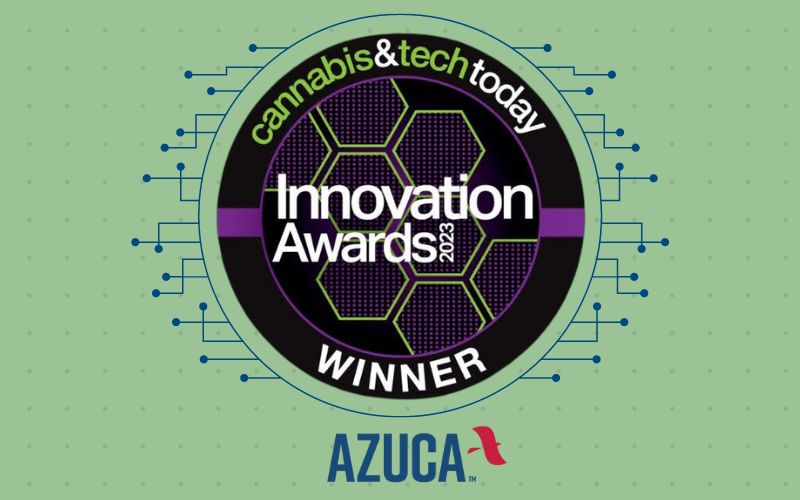Legal cannabis only exists because the plant has medical value. Patients, not corporations, drove the legalization movement. As cannabis becomes an industry rather than a counterculture, businesses must remember to focus on the health and wellness of their clients.
Products should be held to the highest standards of safety. It’s the right thing to do, and only those companies with high standards and benchmarks will be prepared to thrive in a global marketplace.
Cannabis & Tech Today spoke with CSQ’s new Technical Director Matt Regusci and ASI’s youngest-ever CEO, Tyler Williams, to understand how standards for the cannabis industry are evolving.

ASI is a food safety company that recently merged with Kiwa, a global testing, inspection, and certification company.
In 2020, Williams founded Cannabis Safety & Quality (CSQ), a subsidiary to ASI that is the first cannabis certification program to meet Global Food Safety Institute requirements, set to be benchmarked this year.
CSQ could eventually become the global standard for cannabis quality and safety.
Cannabis & Tech Today: How does ASI’s experience in the food industry lend itself to cannabis?
Matt Regusci: We are the world’s first accredited certification program for cannabis, specifically. We’ve taken our knowledge from the food and dietary supplement and pharma industries and worked with stakeholders in the cannabis space to tailor-make standards for the industry.

Every food safety standard is benchmarked to this program called the Global Food Safety Initiative (GFSI). It’s the highest level in the food industry.
We took their template and we want to be benchmarked to that. It’s a very prestigious standard.
Even though it’s specific to food, we’re adapting it to the cannabis industry and taking those lessons learned from the hundred years we’ve been doing business in the food industry and bringing it to cannabis.
Tyler Williams: Because cannabis is an ingredient in gummies, etc., it is part of the food industry.
GFSI is a global entity run by major brands like Nestle that created standards to be implemented globally because these are all global suppliers.
That’s ultimately where cannabis will end up — a global product with global distribution. We’re preparing to meet those global expectations.
Ten years from now, if MSOs have a company in Germany and companies in the United States, they can have everybody across the board meeting the same expectations.
MR: That’s one of the big things that we hit on, is the global market. In the U.S., we’re focused on the U.S., or state by state. This [certification] gives not only something at a national level but at a global level.
Canada has legalized it federally. When that happens in the U.S., these types of standards allow for free trade between those two countries, like it is in the food and dietary supplement industries now.
TW: And it allows for free trade amongst the states as well. When interstate commerce opens up, the same expectations in California will be met in New York and Illinois and across different borders.
C&T Today: Do the standards also apply to concerns around smoking cannabis rather than ingesting it?
TW: Yes. Right now, we have four standards. We have growing and cultivation, which focuses on everything from the growing process all the way to packaging whole flower.
We’re looking at safety from inhalables, or if that flower is processed further into edibles. Then we have a standard for extraction.
We also have food and beverage and then dietary supplements. Once we get through the benchmarking process, we’ll have a standard for cosmetics and contact packaging materials. Anything that touches cannabis, that’s packaging. We will eventually get to consumption lounges.
MR: Packaging is really, really important, particularly when you’re looking at inhalables, vape pens, etc. Well, where was that glass made?
Are there heavy metals or cancerous agents in that? Those are the types of things we would be looking at as well. It takes the scare factor away from the benefits of what the product can actually do.
C&T Today: Is this something companies might pursue to boost their reputation and customer trust more than anything because many states do not require these certifications?

TW: Yes. Four states require third-party certifications. They won’t specifically say you have to be certified to CSQ, but they’ll say the audit has to meet these types of requirements. The certification body has to be accredited.
CSQ inherently meets all those requirements that the states have. It’s mandatory in certain states, but not everywhere. Most of the time, there is an element of, “How can we showboat this to our clients, our customers, and consumers and say that our product is safer?”
Right now, it’s more prepping to get businesses ready for federal legalization and helping meet state requirements.
We look at all those local requirements during the audit too. It’s ensuring you’re making safe, quality products because you should want to do that. Then making sure, especially for facilities with operations in multiple states, it gives them standardization across the board.
A lot of these MSOs get really big through acquisitions. They are acquiring different facilities with different procedures and ways they do things.
What will happen is they’ll go in and say, “Okay, we’re implementing CSQ across the board to get standardization across all these different states and all these different facilities.”
C&T Today: What would you like operators in the cannabis space to understand about implementing safety and quality standards?
TW: We do not charge for our standard. You can go to our website to download it. I always tell people, even if you’re not ready for an audit or to pay for a certification, you can download the standard for free and start applying those at your facilities without paying a penny.
There are no excuses for why your business is not following these types of processes and procedures because, once again, you should want to make your products safe and high-quality.
This article first appeared in Volume 4 Issue 4 of Cannabis & Tech Today. Read the full issue here.
Author
-
Ebby Stone is a freelance writer specializing in cannabis, with a focus on the innovators and businesses shaping the industry.







